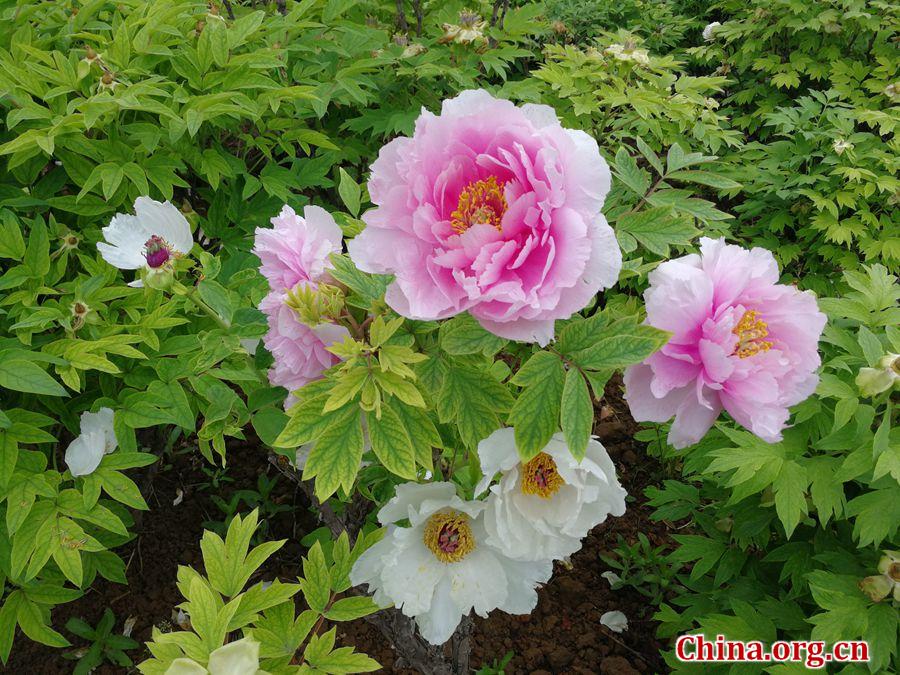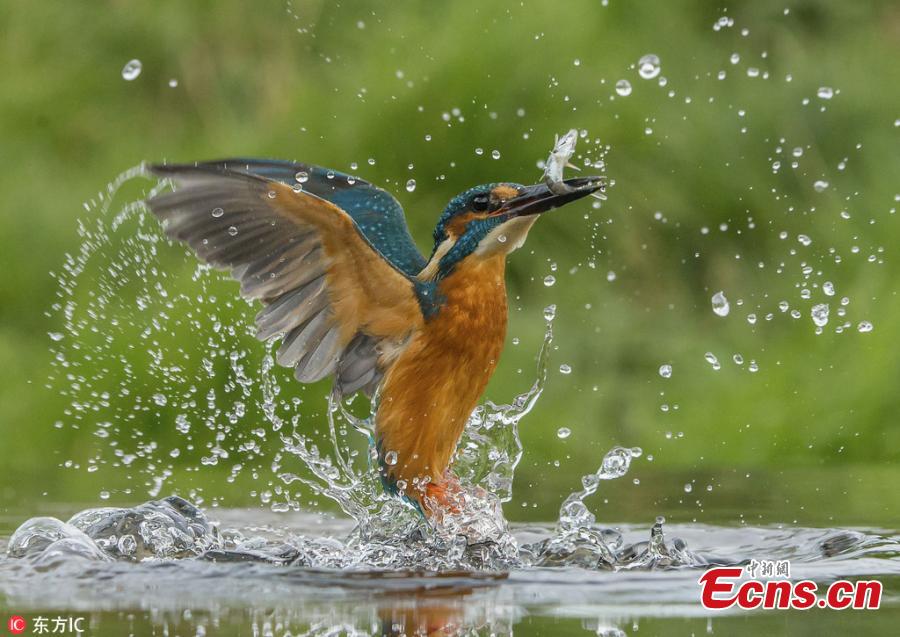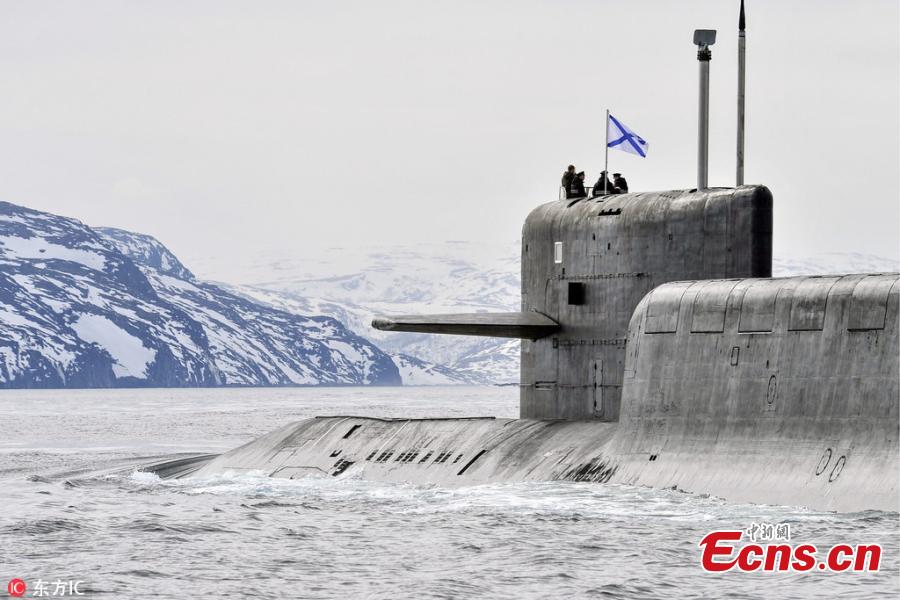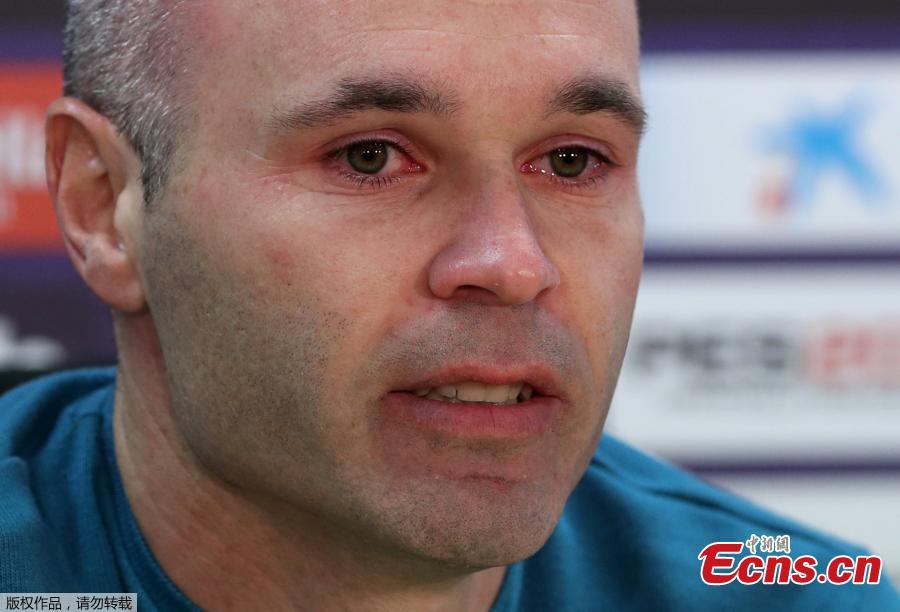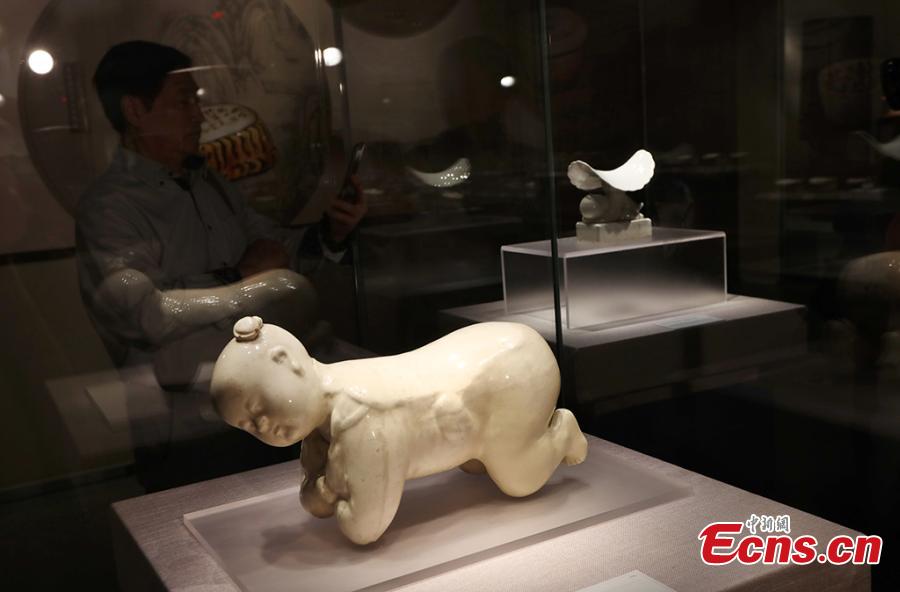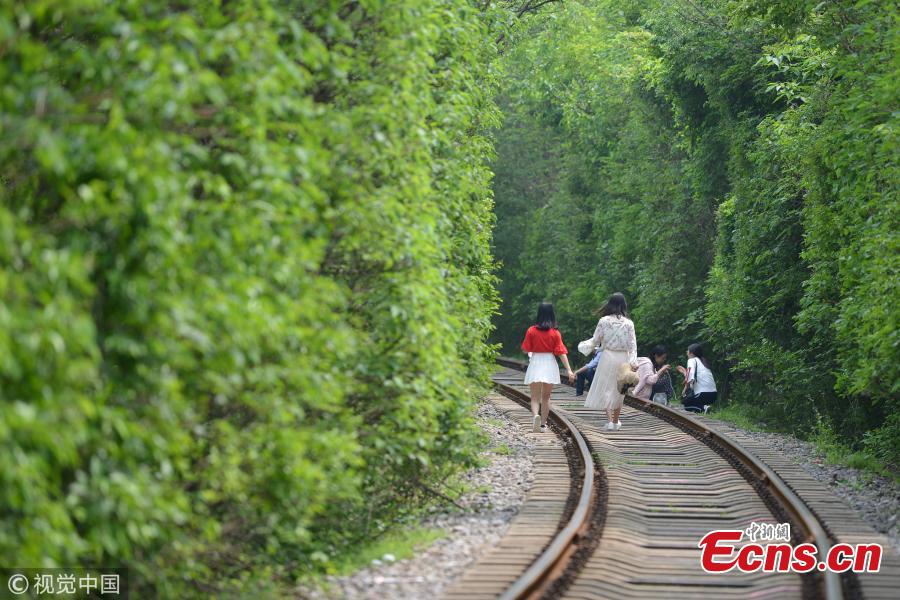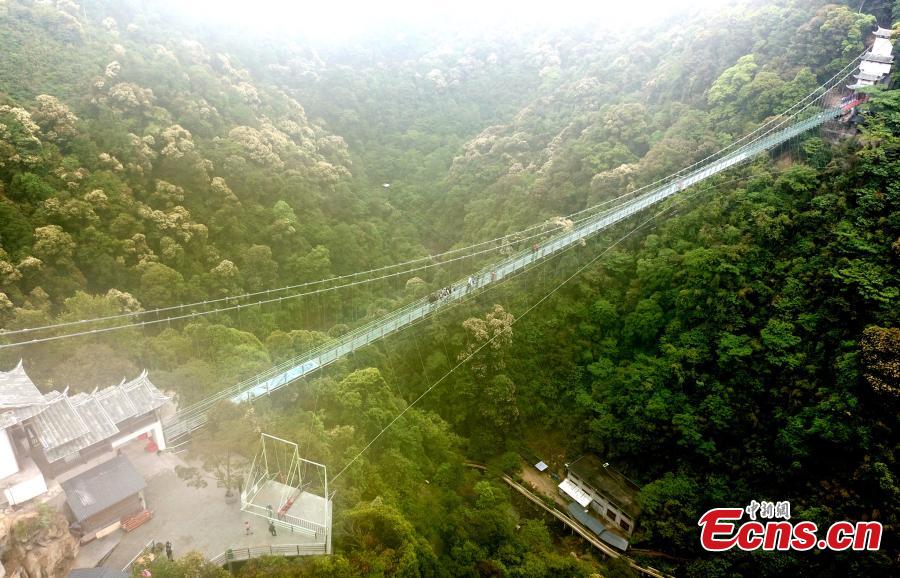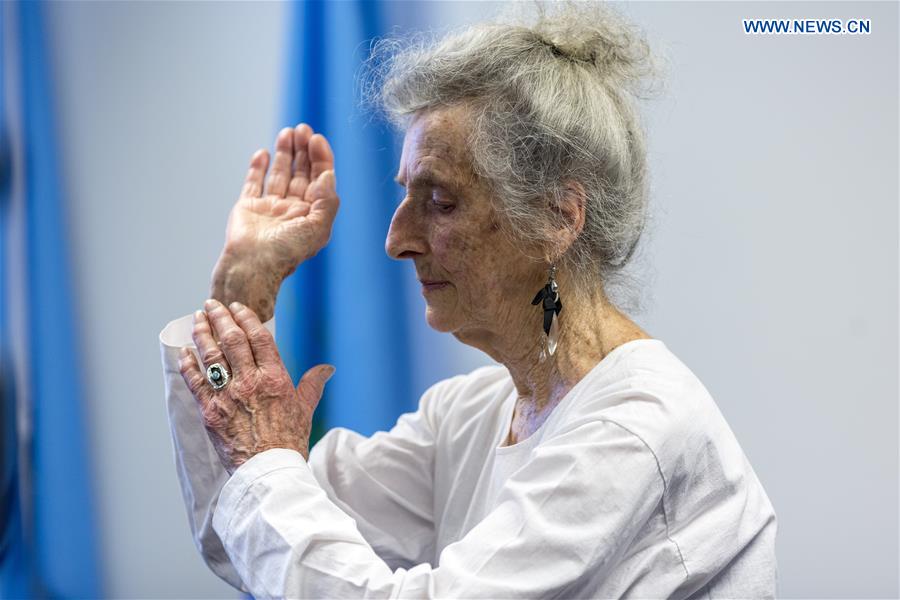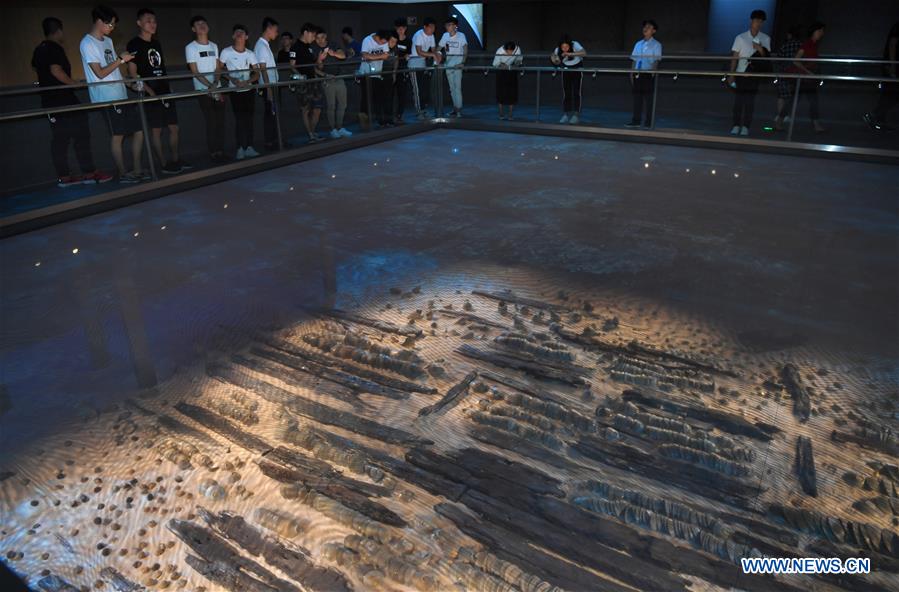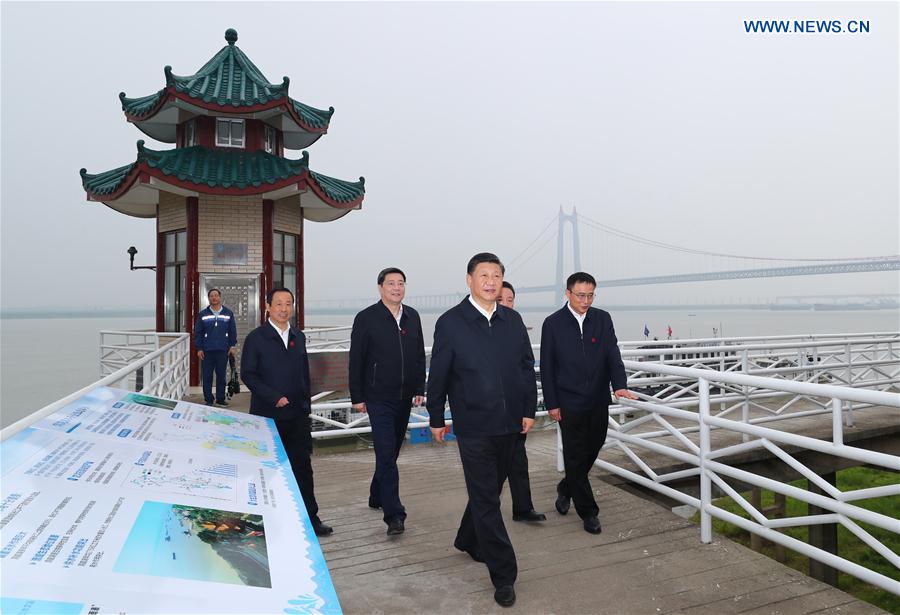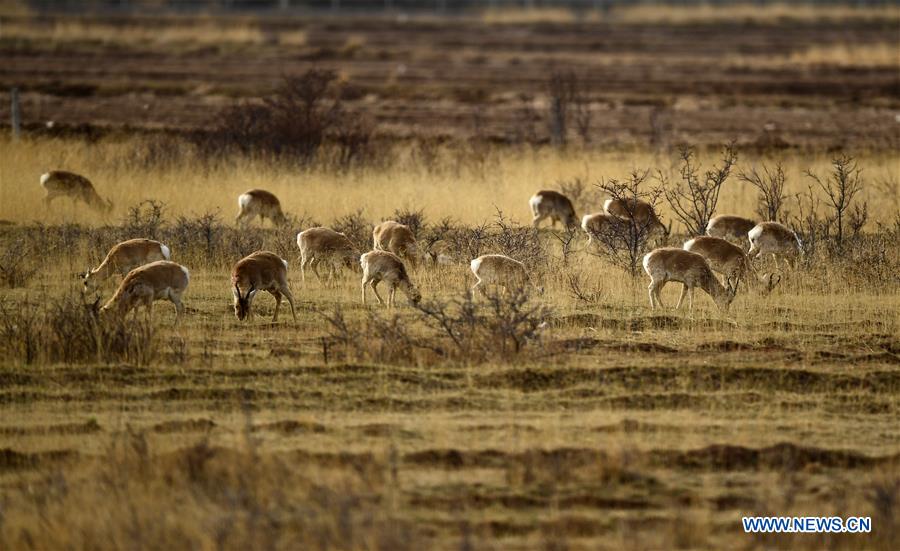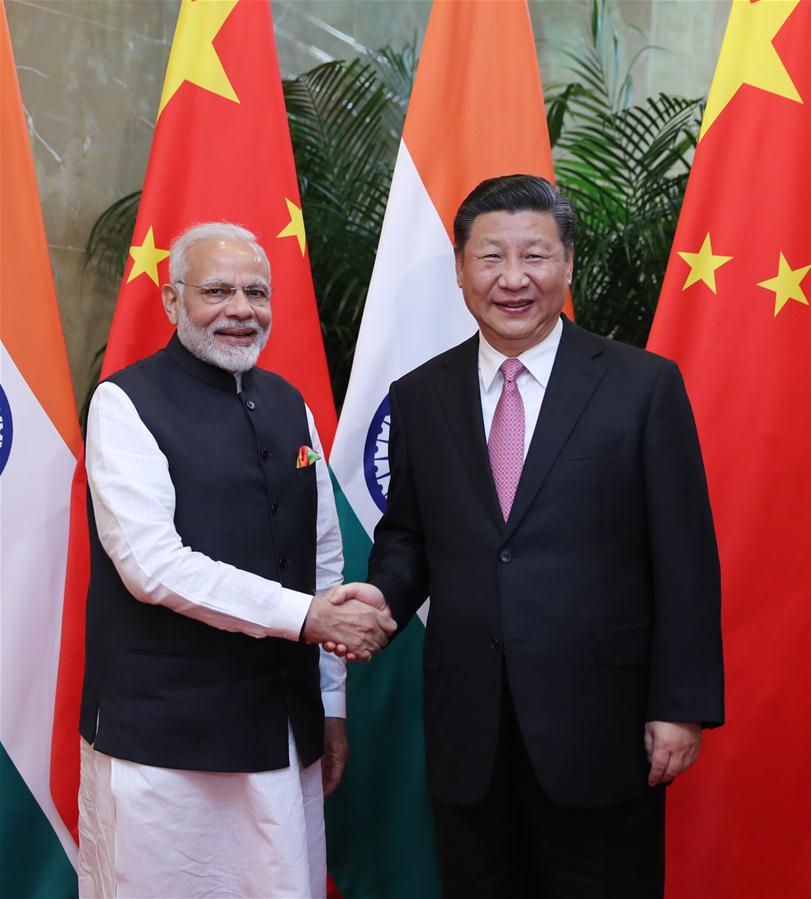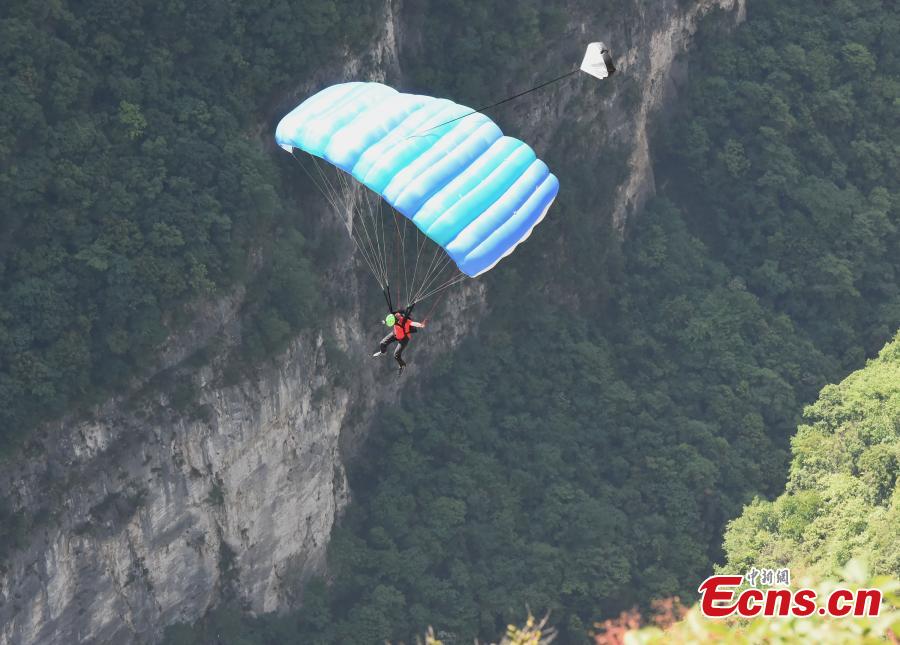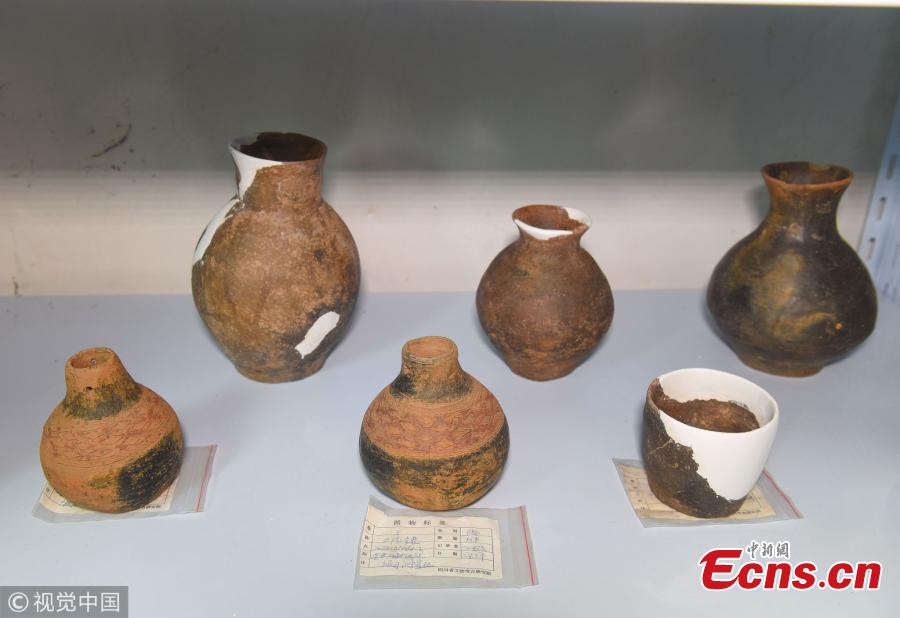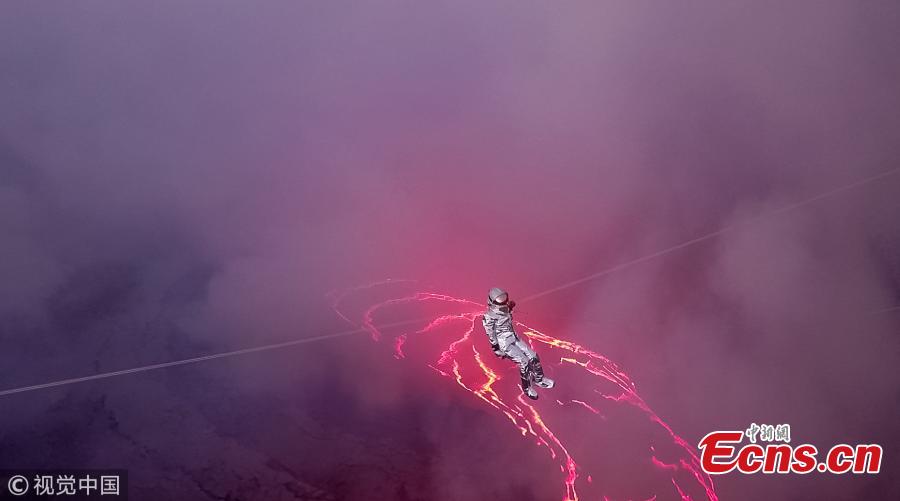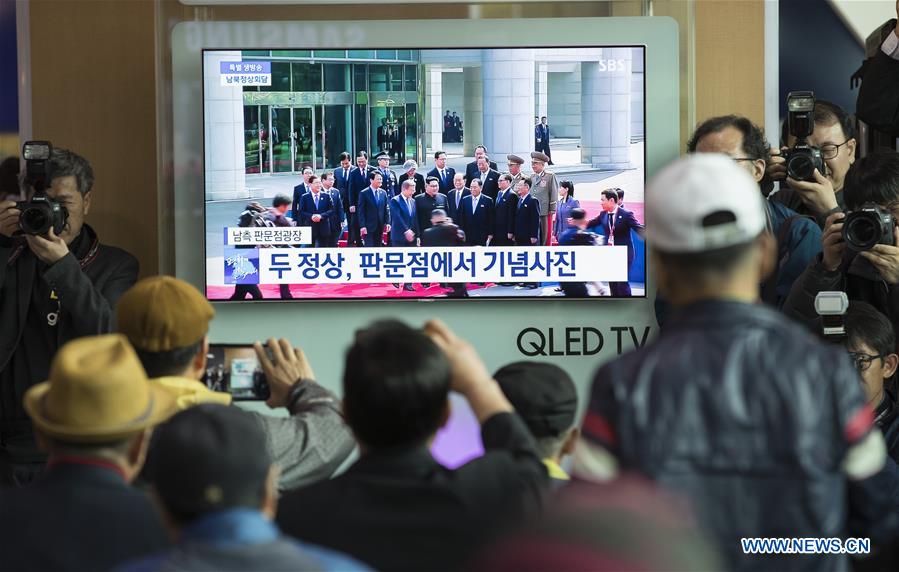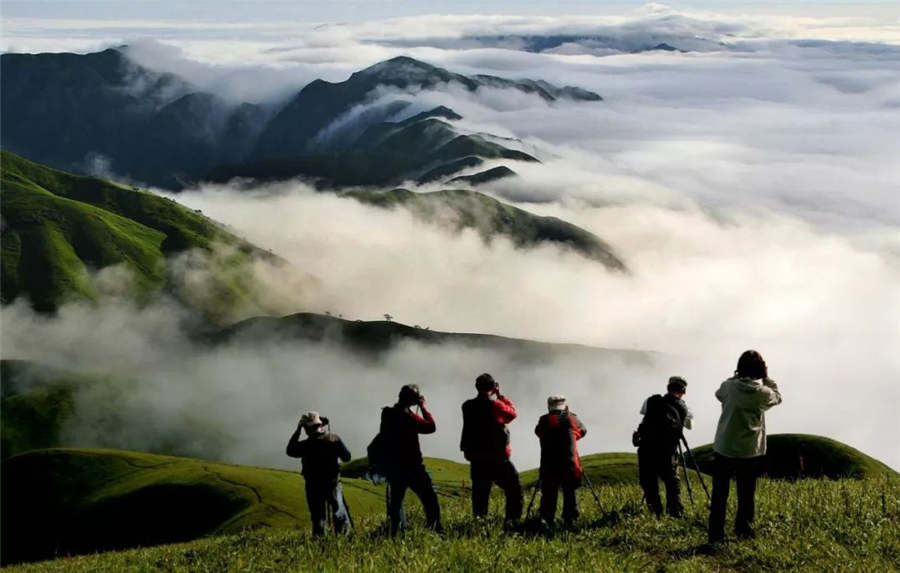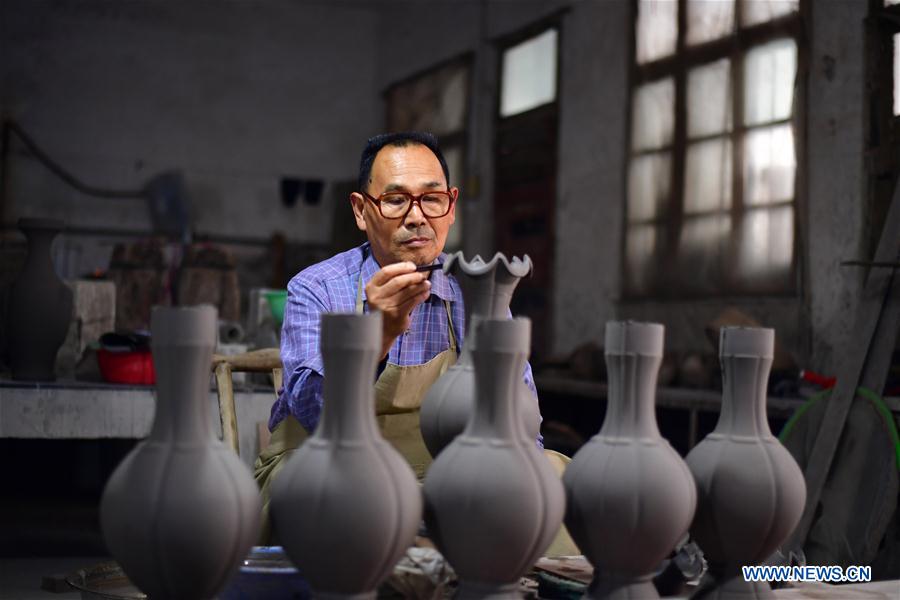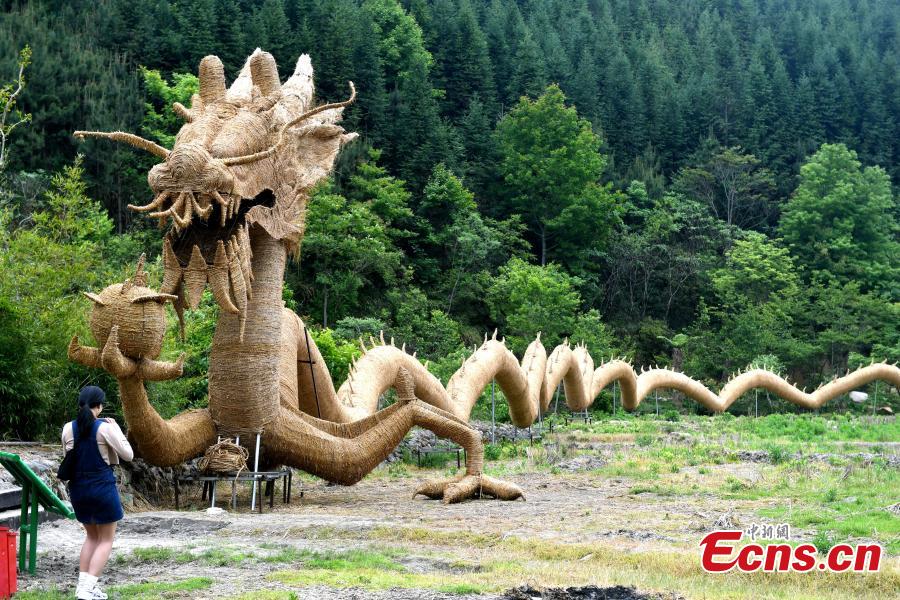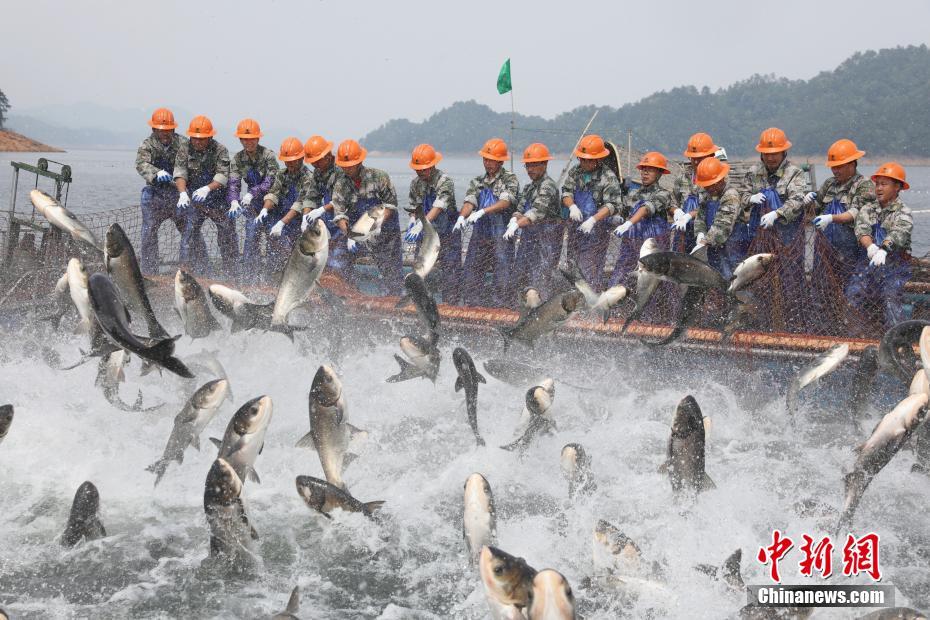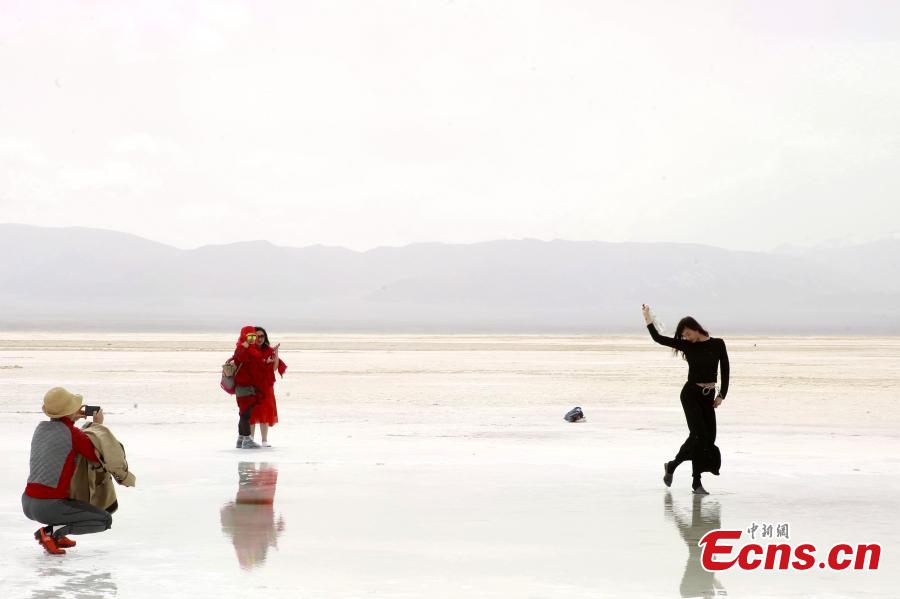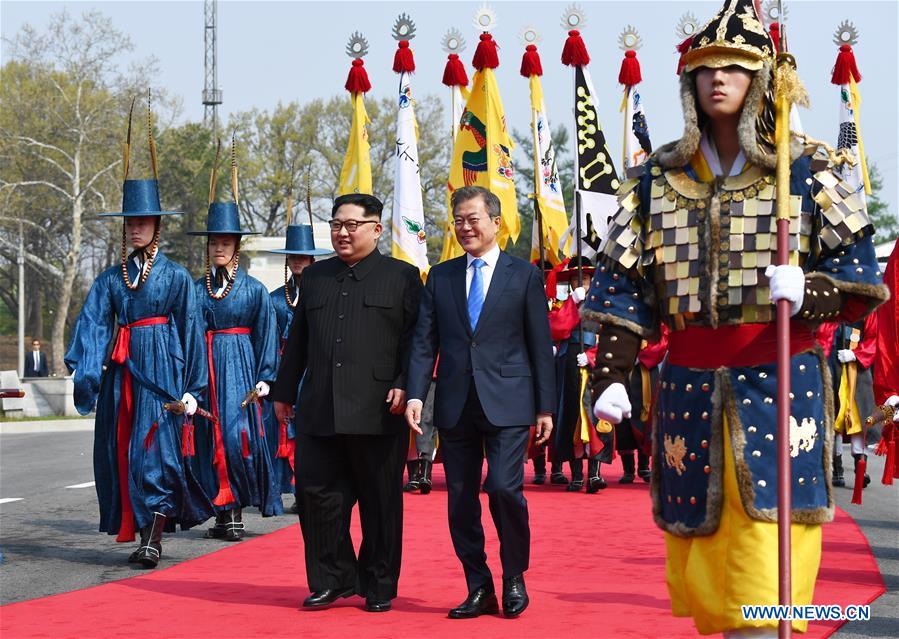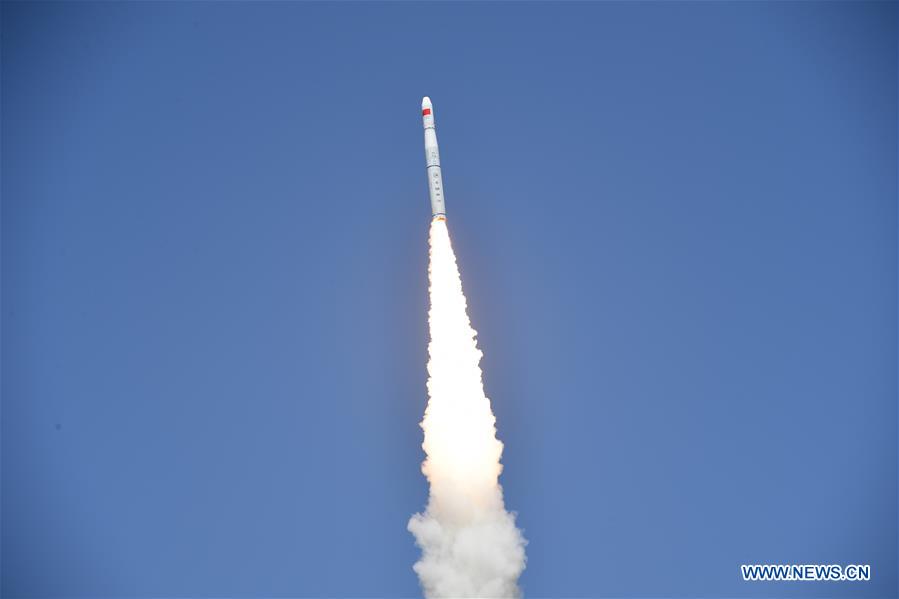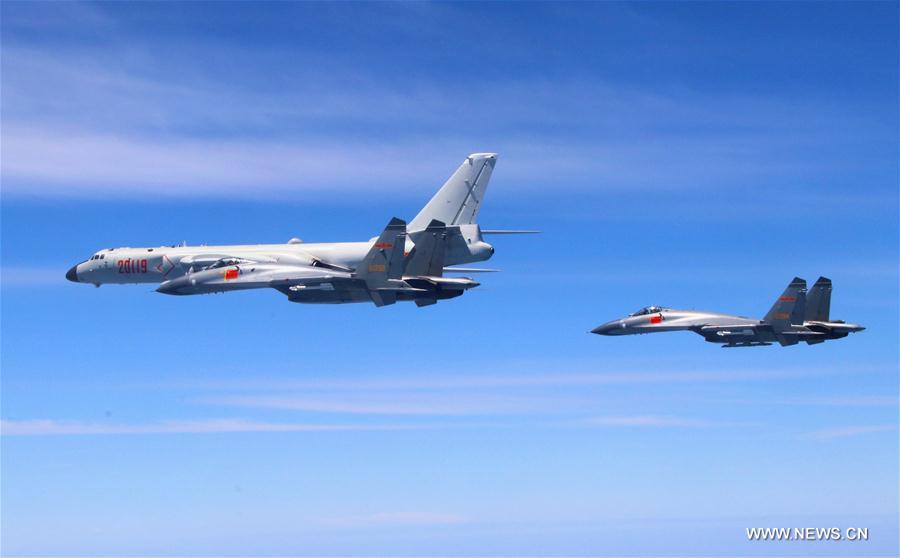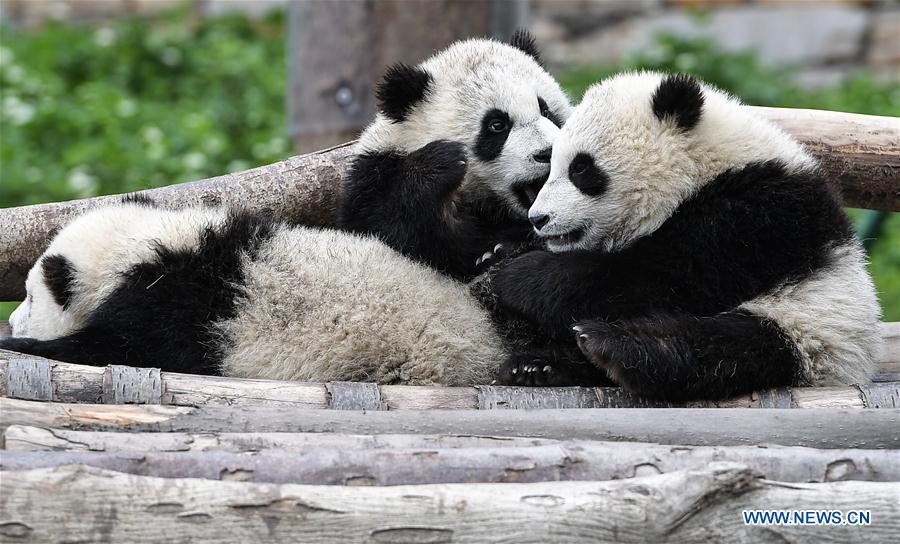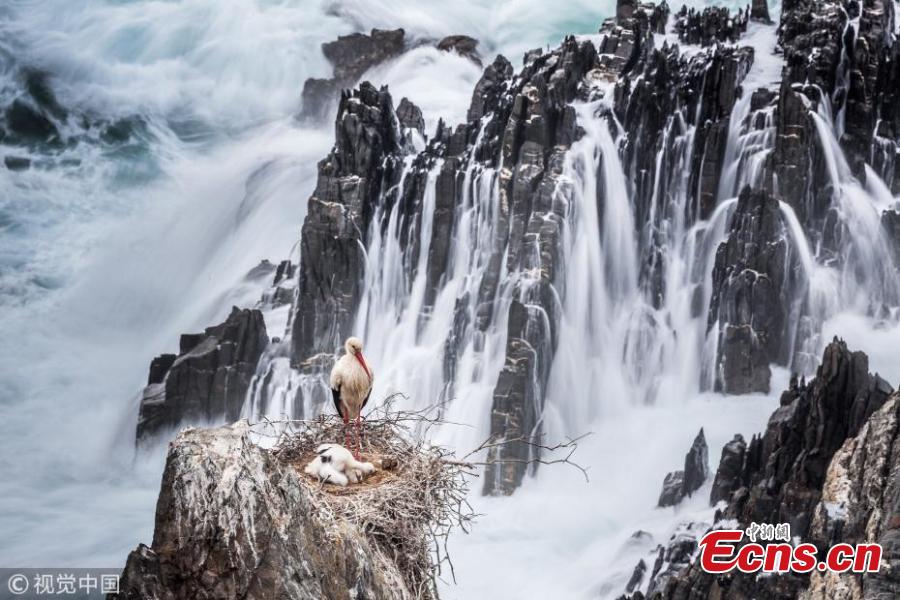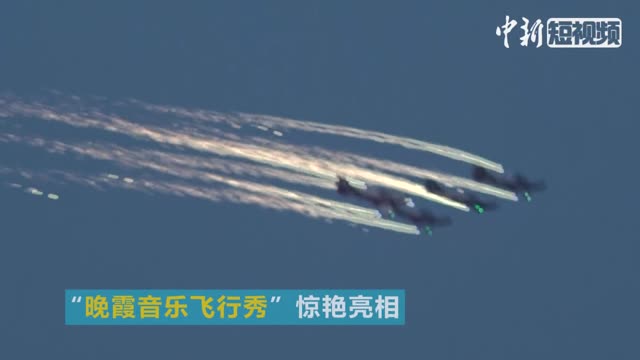Two countries will hold cultural events in Beijing and Johannesburg to celebrate 20 years of diplomatic relations
Since China and South Africa established diplomatic relations 20 years ago, in January 1998, the two countries' diplomatic and economic ties have grown rapidly, advancing from a partnership to a strategic partnership and, finally, a comprehensive strategic partnership.
Manelisi Genge, the chief director for East Asia and Oceania at South Africa's Department of International Relations and Cooperation, the country's foreign ministry, says the relationship has grown in this short time into "one of the most important partnerships" for the African nation.
For one, the two countries currently share various global platforms, including the Group of 20 and the BRICS bloc of emerging economies (the other members are Brazil, Russia and India). In addition, China is South Africa's biggest trading partner. South Africa's official data show that trade volume has increased year-on-year from $24.4 billion in 2015 to $24.9 billion in 2016, while total trade volume in 2017 was $26.51 billion, with a trade deficit of $7.23 billion for South Africa.
Genge says a people-to-people exchange mechanism established last year was the first of its kind on the continent. Moreover, an increasing number of South African students will study in China under a Beijing-sponsored program, and China accounts for the largest number of international visitors to South Africa.
To mark the celebrations, the two countries plan to hold cultural events in Beijing and Johannesburg.
"The first goal is to take stock of our relationship, which will determine our future," says Genge, adding that South Africa hopes the next two decades will bring the peoples of both countries together and witness increased trade collaboration and quicker mechanisms for dispute resolution.
"We can no longer ignore the increasing global influence of China. Besides reorientating its global political influence, manufactured products from its factories are household names in South Africa. It would be foolhardy for any country right now to fail in cultivating relations with China."
South Africa is interested in having China as its development partner in its efforts to tackle some of its persistent challenges, Genge adds. Priorities for the African nation are accelerating economic growth, generating employment for the largely youthful population, fighting poverty and bridging the trade deficit with China, he says.
Frequent reviews have been undertaken to improve trade between the two countries, with the two countries cooperating on special economic zones, industrial parks and industrial production capacity.
South Africa is also eager to learn how China was able to lift 700 million people out of poverty since reform and opening-up. "This is in addition to capacity-building policies that have seen it build one of the biggest talent pools in the world," Genge said.
While cognizant of Western countries' wariness over China's growing influence in Africa, Genge says the engagement is two way and continuous. "We sit behind closed doors and agree on the direction our relations are going. It is not one way, but we do not shout about it," he adds.
He describes warnings by Western nations as condescending and paternalistic. "Africa knows what it wants and it knows when it is treated badly, and the good thing about the rise of China is that it has given Africa options."
He says African countries pushed for the elevation of Forum on China-Africa Cooperation discussions from ministerial level to presidential level. He believes FOCAC has become a crucial platform in Africa's renaissance, since it allows the continent to negotiate and align its priorities with the platform's goals. In 2015, when South Africa hosted the summit, China pledged $60 billion to be geared toward the continent's economic independence. Key issues addressed were inadequate infrastructure, a shortage of human capacity and lack of funds.
"FOCAC in a consultative process," says Genge.
He says the forum breaks away from Africa's previous relationship with traditional partners who gave conditions alongside aid. "This was not sustainable and ended up impoverishing many economies. No African country today can be stuck by the stifling conditions inflicted by the World Bank and the (International Monetary Fund)," he says.
He says accusations that China is practicing "neo-colonialism" reflect Western countries' fears of China's growing influence on the continent and Africa's efforts to increase its global participation, especially in trade. Through the African Union, the continent has a development blueprint, Agenda 2063, and is using this to engage developing partners. "Although the developments are sluggish, we are on the right track," Genge says.
The China-Africa relationship has seen a more confident continent emerging, and "the engagement is practical and tangible," he says, adding that ties have moved away from aid toward trade.
On the continental front, China has helped the continent spruce up its dilapidated infrastructure, Genge says.
"During my four-year tour of duty in (the Republic of Congo), there were no roads from the capital city of Brazzaville to the port city of Pointe-Noire. You had to take a flight. But when I completed my assignment, the Chinese had connected the two cities with a road. The small airport I arrived at was expanded by the Chinese. When I was in Sudan, the Chinese were working with the government to build a dam in Darfur that addresses their water needs. This is very practical. If you want to look at the footprints, they are there."
However, there is concern about South Africa's trade deficit with China, Genge says, adding that the two countries are making efforts to address the issue.
Genge also believes Africa has much to learn from China, including in poverty alleviation, anti-corruption and food security, and says more effort is needed to learn how to open its markets to investment.









